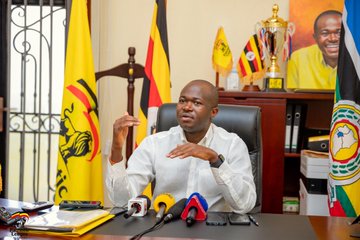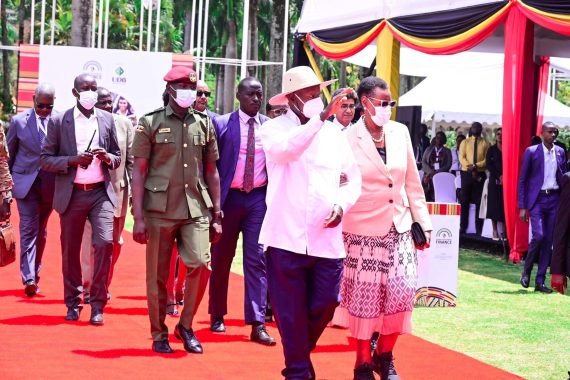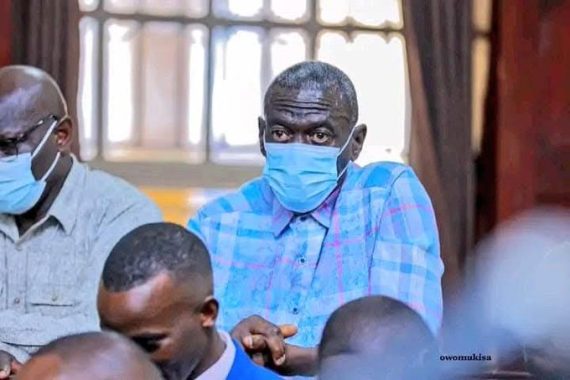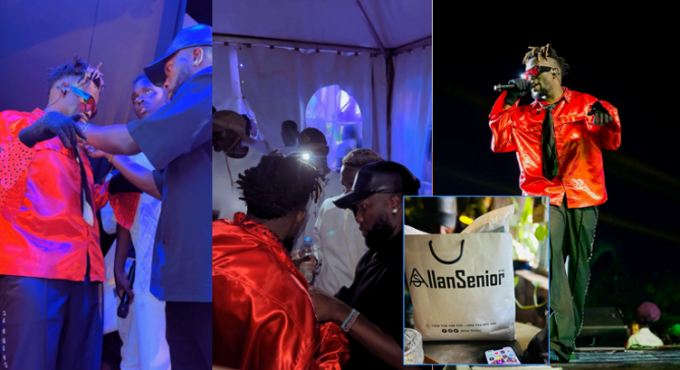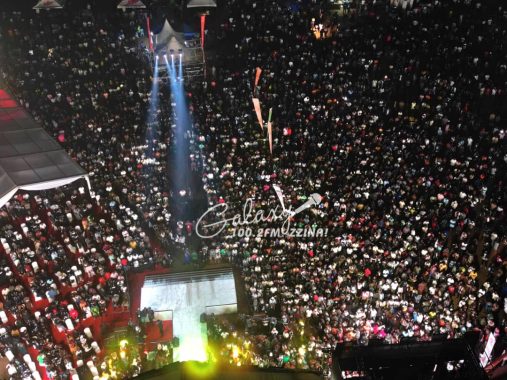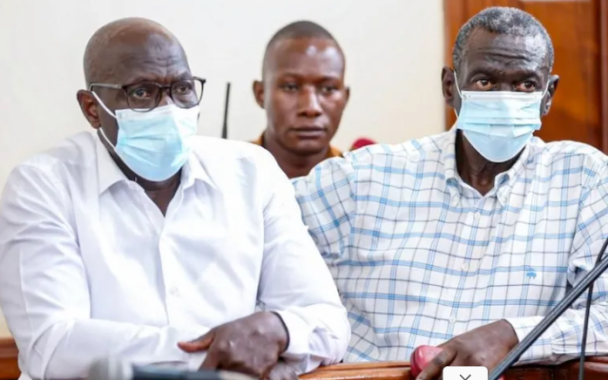PLU courts NUP rejects
The Patriotic League of Uganda (PLU) has extended an olive branch to National Unity Platform (NUP) members who were denied tickets to contest as flagbearers in next year’s elections.
Speaking to journalists in Kampala, PLU Secretary General Daudi Kabanda said the organization’s role in Uganda’s politics had grown significantly. He described PLU as a “welcoming political platform” that provides comfort to politicians who feel sidelined by their own parties.
He called on said they have opened the doors to all NUP, NRM, FDC and DF members who missed out on party tickets, inviting them to join hands in securing the future. Kabanda said they will engage all disgruntled members join in their vision whose apparent mission is President Museveni’s victory.
He further pointed out that about 70 percent of candidates elected to the NRM Central Executive Committee (CEC) during the recent delegates’ conference are affiliated with PLU, while roughly 60 percent of PLU members who competed in the NRM primaries for parliamentary and local government positions were successful.
Looking ahead, Kabanda said PLU would strengthen its grassroots presence by electing leaders at different levels in preparation for the 2026 general elections. He also expressed confidence that their mobilization would help President Museveni secure at least 82 percent of the national vote.
PLU courts NUP rejects
However, political observers note that while PLU is gaining visibility, it is not without controversy. Critics argue that its growing influence inside the ruling NRM raises questions about whether it is operating as a civic organization or functioning as a political party in disguise. Some analysts also warn that inviting aggrieved NUP members may deepen divisions within the opposition but might not necessarily translate into nationwide appeal for PLU.
For now, the organization continues to insist that it is non-partisan and inclusive, attracting members from across political parties. Supporters view it as a fresh platform for mobilization, while skeptics remain cautious about its real political intentions as the 2026 elections draw near.



